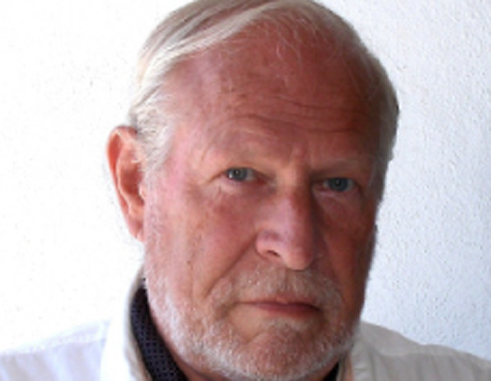
AIRLIFT is a major Caribbean problem that deserves top priority because it is vital for tourism and trade, subsequently for the economic well-being of all population members of the Caribbean community. The problem has been acknowledged for many years. Just check the online archives of the news media to find the evidence. No one has come up with a true common solution.
How to solve the airlift problem?
It is quite complicated already because of the geography and the many jurisdictions. Try to define the Caribbean. It could be any area between Bermuda and the Guyanas, and include the coastal areas of Central America. Yet, the countries need each other’s air transport connections. It is not a kind of project where one should expect to have a complete universal solution at once for all. It will most likely come in steps and building blocks. That is acceptable, as long as the end result is a “Caribbean House” that all feel comfortable to live in.
Part of the problem is the word “unifying”. So let’s pose the question to a person who has an objective perspective on airlift matters and panoramic view of Caribbean issues, the Minister of Transportation of the island St.Tosia, the fictitious Honourable Duncan Vanderbeest: “Unifying the Caribbean? Can it be done? Yes! Am I sure? No! Where lies the challenge? The first challenge is that one would have to unite while leaving all the differences intact! The second challenge is that there are more jokers around than a Caribbean comedy festival could stand. Last but not least, and don’t tell my colleagues that I have said this, or else they may have evil come upon me in a next summit, but I couldn’t tell one ‘Honourable’ from another; they all sound alike.”
Wow! Thank you, Minister, as it is an exception to hear the powerful talk as candidly as the powerless.
The solution may be a Caribbean Airlift Council, an institution that is independent of governments. It cooperates with governments and advises them when asked, yet it is credible and highly respected to also urgently suggest and be accepted even when not asked. Where does that leave the representation of the public sector, the various business organizations or interest groups? The expression “interest groups” says a lot. They usually pursue a particular interest that is on their mind and they have organized themselves for that purpose.
There are three interest segments: aviation, tourism and investment. The Caribbean Airlift Council will cooperate with all of them and communicate, but remain impartial and independent. If the Council is just a mediator in such a complicated environment, why fiddle around with a healing middleman and not immediately call a priest? Not so pessimistic! This is about new life and when differing circumstances meet, creativity is encouraged.
The primary task of the Council is finding realistic solutions for any airlift issue that has not been dealt with (past, current, and future) with a satisfactory result. This global definition in itself creates an immense field of issues. It serves all airlift stakeholders, thus not just the aviation industry, but rather also the travel and tourism interests and, to a lesser degree, the investment segment.
The Council activities could include consulting and advice, study, mediation, certification (e.g. Caribbean Friendly Sky concept). Several other activities may be included but cannot be listed here.
The Council shall not copy the activities which agencies or organizations are doing or are supposed to do. If nothing else, it will simply outdo these actors with faster and better solutions. There are many issues that need a solution for once and for all, and rather sooner than later. The reason why these needs exist so widely is because they have never been dealt with on such a broad base. Maybe attempted on a smaller scale or a narrower base, but they have not resulted in accomplishments that serve all governments, communities or interest groups in the region. Sometimes it may have been the lack of foresight or appropriate competence; other times, it was the political meddling.
The Council should NOT get any authority. If it was given authority, it may already encounter resistance by a foreseeable number of egos. Yet, the fact that the Council is an authority on the airlift subject itself may be its most powerful instrument to have its influence and impact. Anyone who ignores the work or advice of the Council might be considered foolish.
The entity should be strong-minded and remain focused at all times on carrying out the mission leading to the objective of solving Caribbean airlift problems. The unit should be totally integer, impartial, unbiased, neutral, and have no hidden agendas. Therefore, the Council shall be respected by all.
Creating the right organizational structure and its procedures is a challenge for itself. The members and affiliates of the Council should be competent movers, and not well-worded followers. Titles are meaningless; it is not about who a person is, but rather what the person can do. Efficiency must rule; wasting time or energy is a no-no; mediocracy is considered failure.
In their idle time, some people dream. ONE CARIBBEAN may be such a dream or just an illusion. Who really wants ONE CARIBBEAN ANYTHING, anyway, let alone a Caribbean Airlift Council? Defining and determining why to unify may already be a tougher issue to find a consensus on than the unification process itself. Who will make it happen: a messiah or a navigator? Looking at the conceivable tasks ahead, one would almost believe that this is a great script for either a Hollywood box office hit or TV soap opera scenario. Maybe this all remains food for thought; maybe it could be an appetizer.






